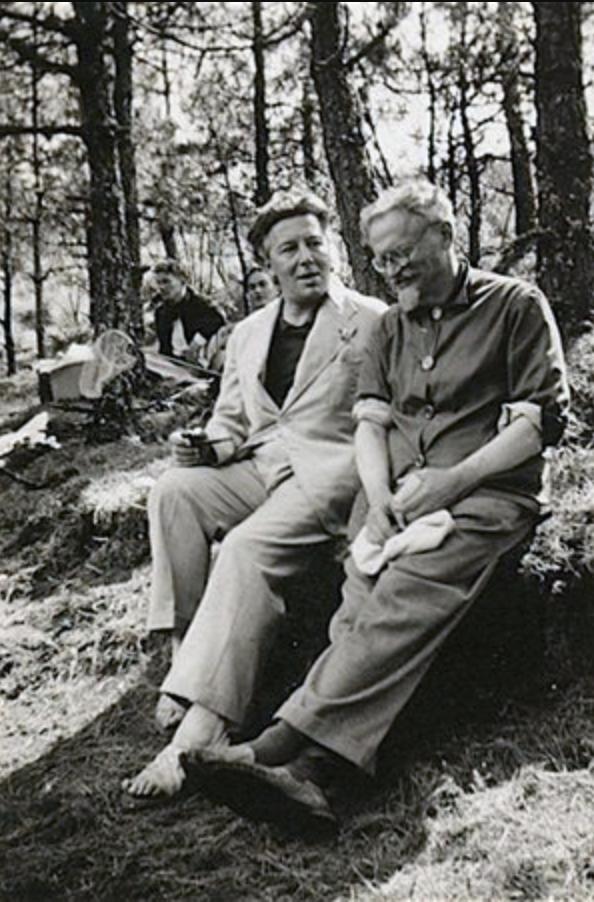

He spent the rest of his life in exile, writing prolifically and engaging in open critique of Stalinism. Trotsky also led the Left Opposition from 1923–27 and advocated a programme of mass industrialisation with an extension of worker's democracy, which preceded the establishment of the First Five-Year Plan in the Soviet Union. He became one of the seven members of the first Bolshevik Politburo in 1919.Īfter the death of Lenin in January 1924 and the rise of Joseph Stalin, Trotsky gradually lost his government positions the Politburo eventually expelled him from the Soviet Union in February 1929. From March 1918 to January 1925, Trotsky headed the Red Army as People's Commissar for Military and Naval Affairs and played a vital role in the Bolshevik victory in the Russian Civil War of 1917–1922. Once in government, Trotsky initially held the post of Commissar for Foreign Affairs and became directly involved in the 1917–1918 Brest-Litovsk negotiations with Germany as Russia pulled out of the First World War. As chairman of the Petrograd Soviet, he played a key role in the October Revolution of November 1917 that overthrew the new Provisional Government. After the 1917 February Revolution brought an end to the Tsarist monarchy, Trotsky returned from New York via Canada to Russia and became a leader in the Bolshevik faction. He once again escaped, and spent the following 10 years working in Britain, Austria, Switzerland, France, Spain and the United States.


Trotsky helped organize the failed Russian Revolution of 1905, after which he was again arrested and exiled to Siberia. In 1903, he sided with Julius Martov's Mensheviks against Lenin's Bolsheviks during the Russian Social Democratic Labour Party's initial organisational split. He escaped from Siberia in 1902 and moved to London, where he befriended Vladimir Lenin. In 1898, he was arrested for revolutionary activities and subsequently exiled to Siberia. Ideologically a Marxist, his developments to the ideology are called Trotskyism.īorn into a wealthy Russian Jewish family in Yanovka (now Bereslavka, Ukraine), Trotsky embraced Marxism after moving to Nikolayev in 1896. Lev Davidovich Bronstein (7 November 1879 – 21 August 1940), better known as Leon Trotsky ( / ˈ t r ɒ t s k i/), was a Russian revolutionary, political theorist and Soviet politician.


 0 kommentar(er)
0 kommentar(er)
